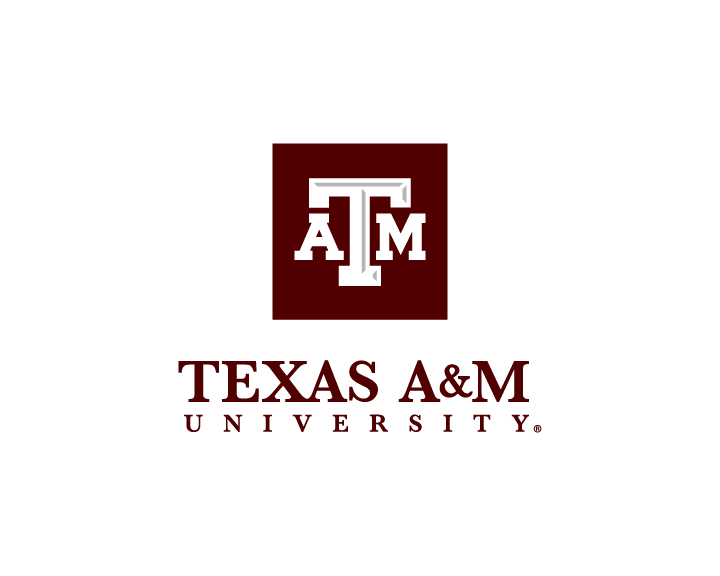Texas A&M: Texas A&M Engineering Awarded 5-Year, Up To $24 Million Army Research Contract
The Texas A&M Engineering Experiment Station (TEES) recently received a proposed five-year, up to $24-million contract from the Army Research Laboratory (ARL) to conduct basic research in establishing a collaborative distributed proving ground that will support autonomous vehicle research across various environments and domains at the Bush Combat Development Complex (BCDC) on The Texas A&M University System RELLIS Campus.
The research will be focused on developing virtual proving grounds designed to enable researchers to develop, test and demonstrate artificial intelligence and machine learning algorithms for autonomous vehicles. Visual, thermal, LIDAR and RADAR datasets in relevant and diverse environments will also be collected, annotated and curated in both real and virtual environments that can be used to evaluate artificial intelligence, machine learning and autonomy algorithms in real and synthetic environments.
The Distributed Autonomous Robotic Experiments and Simulations (DARES) research project will be conducted in coordination and collaboration with ARL researchers at the Robotics Research Collaboration Campus (R2C2) in Graces Quarters at the Aberdeen Proving Ground in Maryland.
“The Distributed Autonomous Robotic Experiments and Simulations Cooperative Agreement between ARL and the Texas A&M System will foster the acceleration of fundamental research in autonomy, artificial intelligence and machine learning to transform the future of human-agent teaming,” said ARL program manager Andrew Ladas. “We are excited to partner with the Texas A&M System and utilize their state-of-the-art campus, in addition to the lab’s facilities and assets, to take this research to the next level and have them involved in the ARL Distributed Virtual Proving Ground. We look forward to the partnership and enhancing the capabilities of our soldiers in the future operational environment.”
Srikanth Saripalli is the lead principal investigator for DARES at Texas A&M. Saripalli is a professor in the J. Mike Walker ’66 Department of Mechanical Engineering, and his DARES research team consists of 20 faculty members from mechanical, electrical, aerospace and computer science.
“The ability to connect R2C2 with StarLab at the RELLIS Campus through the DARES program enables us to rapidly test and validate autonomous vehicle capabilities at multiple locations simultaneously, which will accelerate the ability to incorporate research results into synthetic environments,” Saripalli said. “This will improve the quality of virtual simulations and ultimately increase resilience in autonomous vehicle capabilities.”
James Hubbard, Jr., Oscar S. Wyatt Jr. ’45 Chair I Professor and founder of the StarLab in the mechanical engineering department, provided the vision for the DARES project.
“DARES will enable the establishment of a virtual proving ground on the RELLIS Campus and is bolstered by a world-class team of experienced researchers. This is indeed an exciting and unique opportunity for Texas A&M to deliver a high-value asset to the Army and its stakeholders,” Hubbard said.
Hubbard was a fellow of the Hagler Institute for Advanced Study at Texas A&M and was brought to the university in 2018 through the Governor’s University Research Initiative and the Texas A&M University System Chancellor’s Research Initiative.
“The combination of the Governor’s University Research Initiative alongside the Chancellor’s Research Initiative serves as tremendous tools that place The Texas A&M University System at a distinct advantage in identifying, recruiting, selecting and hiring the best of the best faculty and researchers to solve critical problems for our state and nation,” said Texas A&M System Chancellor John Sharp. “We’re honored to have GURI/CRI faculty members like Dr. Hubbard on our team to help solve military modernization challenges.”
Research in the later years of this proposal will occur on the Innovation Proving Ground (IPG) at the BCDC. The IPG will provide full instrumentation and 5G capabilities, along with the personnel and systems that will prove crucial in capturing and providing necessary data to support the DARES project.
“This is a clear case where the combined vision of our faculty, the Aggie values of service to our nation, and the facilities and expertise provided by the BCDC and the state of Texas combined to produce this valuable research partnership with the Army Research Lab,” said Ross T. Guieb, BCDC director. “We appreciate the opportunity to continue serving our current and future soldiers.”
As the Texas A&M System is becoming nationally recognized in leading academia-military modernization efforts, U.S. Senator John Cornyn (R-TX) said the “country’s military readiness depends on innovation, and the Army Research Lab is on the front line of that fight.”
“This partnership with the Texas A&M System will ensure we have the best and the brightest working to address rapidly evolving threats and maintain our strategic advantage around the world,” Cornyn said.

